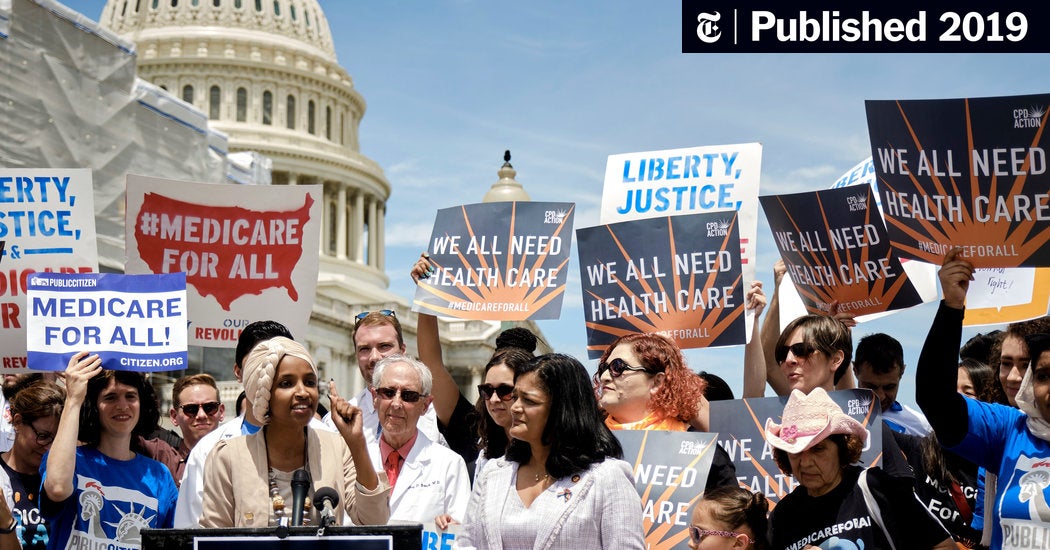- Joined
- Nov 20, 2003
- Messages
- 1,068
- Reaction score
- 189
The most recent iteration of the surprise billing legislation from HELP and E&C is not particularly favorable to physicians. It includes an Independent Dispute Resolution (ie arbitration) model BUT sets the threshold at $750 (lower is better) and does NOT allow for batching. Anything outside of that falls into a median rate... which could quickly become a race to the bottom.
The ASA and state societies will likely reach out soon, but you need to take a few moments to call/email your local representatives. This needs to be revisited more thoroughly rather than pushed through quickly at the end of the year.
The White House issued a press release that basically stated anything presented will be signed.
The ASA and state societies will likely reach out soon, but you need to take a few moments to call/email your local representatives. This needs to be revisited more thoroughly rather than pushed through quickly at the end of the year.
The White House issued a press release that basically stated anything presented will be signed.




